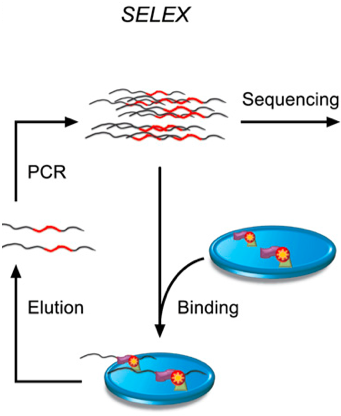Education
Northwest University publishes new research in scientific journal
On Jan 28, the British weekly scientific journal Nature published the “Systematic Analysis of Binding of Transcription Factors to Noncoding Variants” – a research paper by a team from Northwest University in Xi’an, capital of Northwest China’s Shaanxi province.
The latest research achievement was made by Yan Jian, a professor from Northwest University, who cooperated with Ludwig Cancer Research in the United States and the Karolinska Institute in Sweden.
The team successfully used the SNP-SELEX technology to analyze the effects of 95,886 common noncoding site mutations in the human genome on the protein binding of 270 transcription factors. It was the first time in history this process had been completed.

The schematic diagram of SNP-SELEX technology [Photo provided to chinadaily.com.cn]
The research results provide an important theoretical basis for revealing the genetic mechanism of complex diseases, such as type 2 diabetes, and are a notable breakthrough in the post-genomic era.
"Based on this, we believe that researchers can further extend similar methods to the research of other genetic diseases, including bowel cancer and prostate cancer," said Yan. "This will provide suggestions and guidance for explaining the genetic characteristics of such diseases and finding molecular markers for clinical diagnosis."
In recent years, Northwest University has broken the boundaries of various disciplines, focused on interdisciplinary integration, promoted collaborative academic innovation, and accelerated the most relevant fields' demonstration and establishment.

Copyright 1995 - . All rights reserved. The content (including but not limited to text, photo, multimedia information, etc) published in this site belongs to China Daily Information Co (CDIC). Without written authorization from CDIC, such content shall not be republished or used in any form. Note: Browsers with 1024*768 or higher resolution are suggested for this site.
Registration Number: 130349









